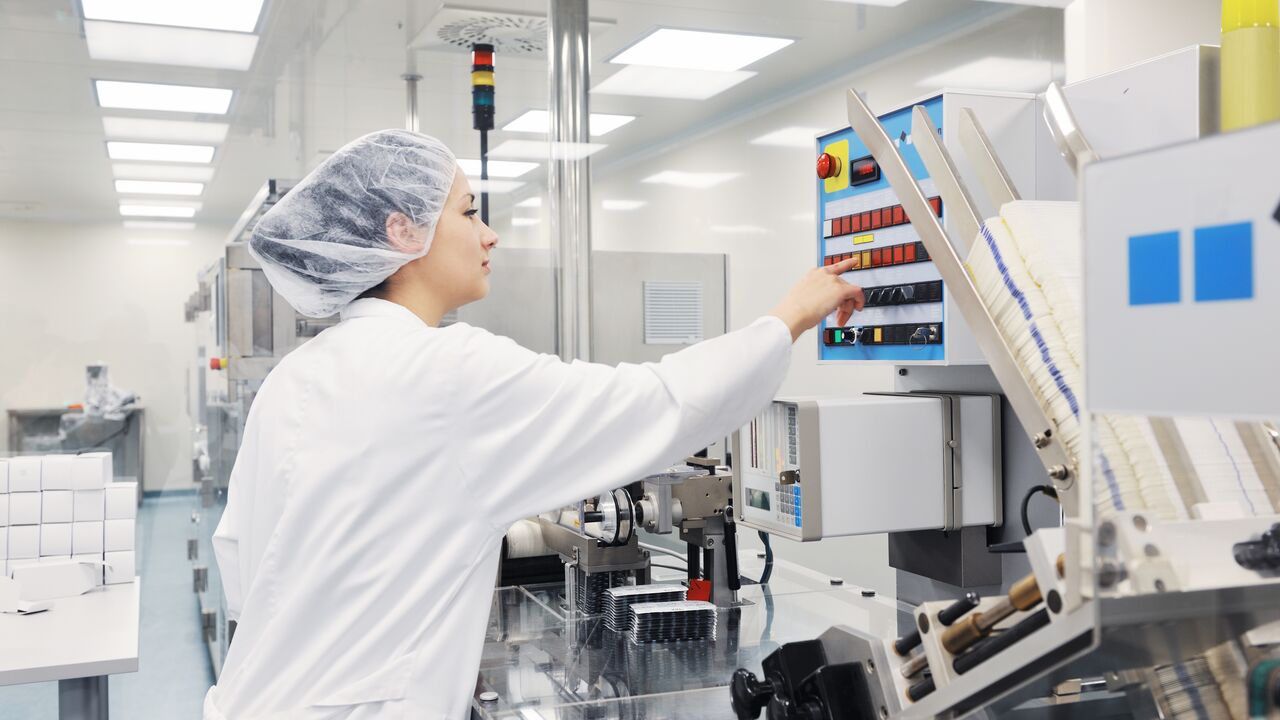Wage increase in the chemical industry from May for around 50,000 employees

The collective bargaining negotiations in the chemical industry have been concluded: Wages and salaries will increase by 2.65 percent from May 2025. The agreement includes minimum and maximum amounts as well as a fixed increase for higher job groups.
From May 1, 2025, around 50,000 employees in the Austrian chemical industry will receive a wage increase of 2.65%. This means they will remain below the rolling inflation rate of 2.75 percent, i.e. below the inflation rate of the past twelve months, which serves as the basis for collective bargaining. This was agreed by the social partners after a 13-hour third round of negotiations, which were concluded on Thursday night.
The collectively agreed wages and salaries will therefore increase by a minimum of 80 euros and a maximum of 113 euros. A fixed amount of 60 euros has been agreed for the highest salary groups V and VI. Apprentices’ incomes will also be increased by 2.65 percent from May.
Challenging wage negotiations: Sustainable increases achieved instead of one-off payments
“The negotiations were extremely difficult due to the current economic conditions. Nevertheless, we succeeded in achieving sustainable wage and salary increases for employees in the chemical industry instead of the one-off payments pushed for by the employers,” explained the union’s chief negotiators Johann Schernberger (PRO-GE) and Mario Mayrwöger (GPA) in a press release. Employees with lower incomes will benefit in particular: The agreed minimum increase of 80 euros will specifically strengthen lower income groups.
The employers’ side expressed their satisfaction after the agreement and emphasized the constructive cooperation. In a statement, they spoke of a “lived social partnership”. Ernst Gruber, head of negotiations for the Austrian Chemical Industry Association (FCIO), emphasized the economic balance of the result: “This has resulted in a collective agreement that is just about economically viable for the companies in the industry with an average impact of 2.02 percent and, thanks to the social grading, continues to mean fair pay for employees.”





